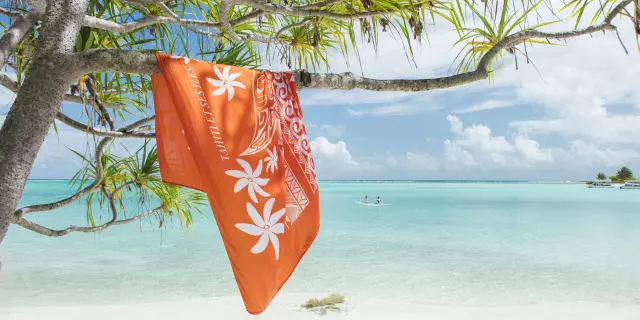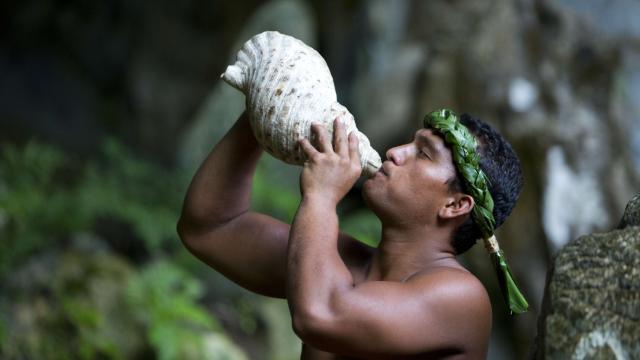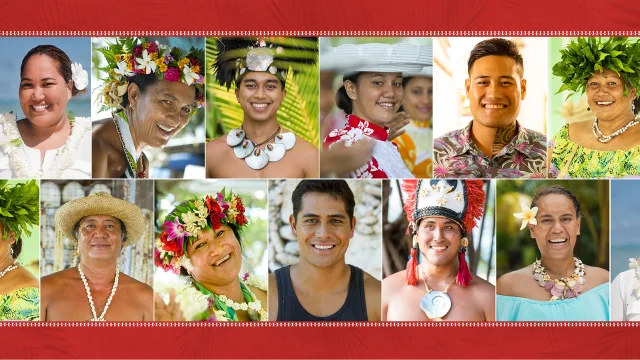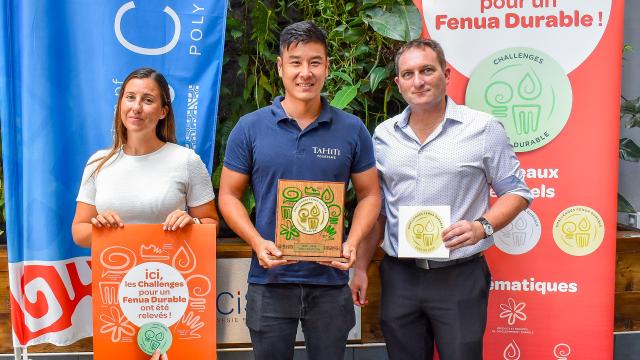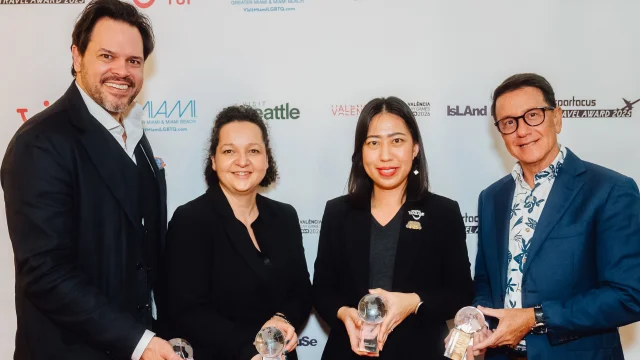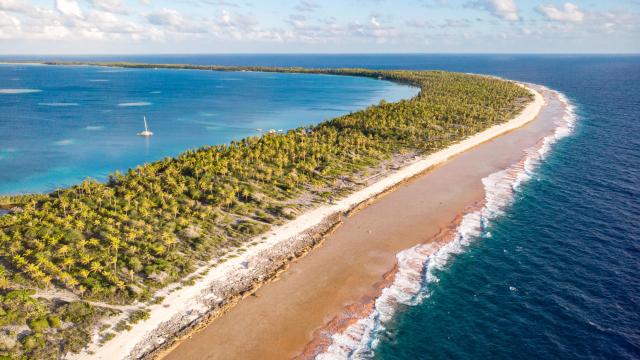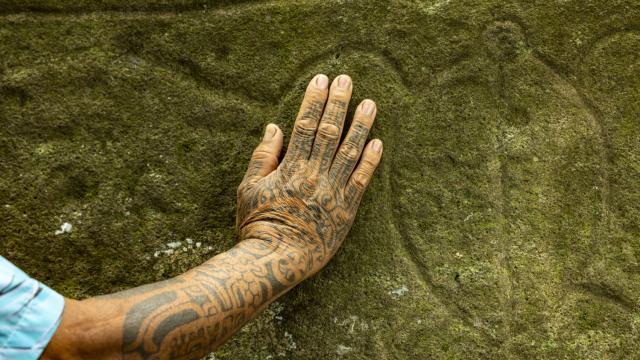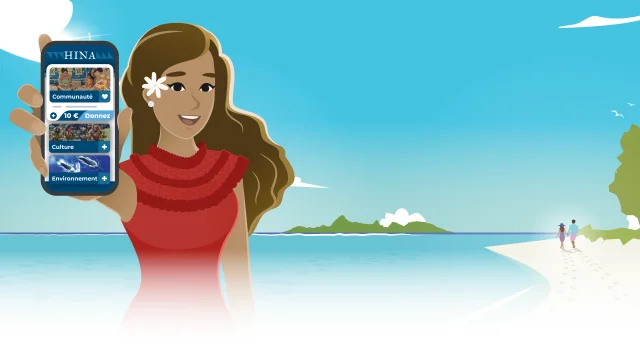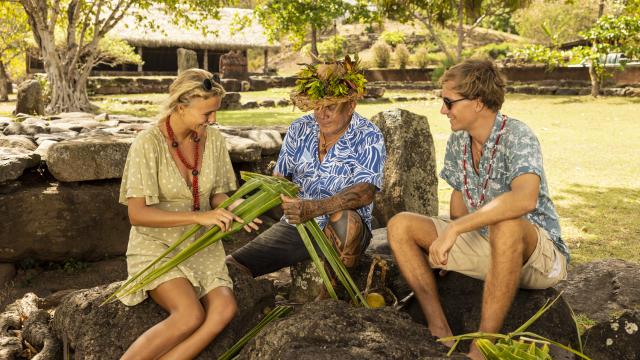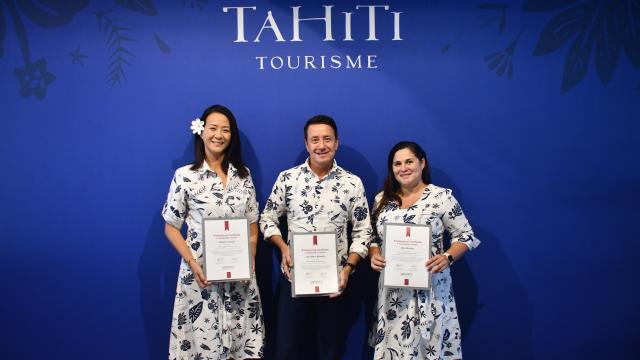The objective of this assessment is to pinpoint the key contributors to greenhouse gas emissions within the Polynesian tourism industry, particularly during the peak tourist year of 2019. This assessment serves as a crucial step in formulating a subsequent action plan to implement mitigation and adaptation strategies.
To conduct this study, a competitive bidding process was initiated, ultimately awarded to the Polynesian consortium Pae Tai Pae Uta, alongside the French company Intermezzo and the consulting firm Alter écho. The geographical scope chosen for this study encompasses French Polynesia, with various sectors under scrutiny, including terrestrial accommodation, transportation, dining, activity providers (cultural, sports, and leisure), business events, tourist goods purchases, water and waste management, as well as floating accommodations (cruising, nautical charter, and recreational yachting)
The methodology adopted for this study draws inspiration from the framework utilized in the France 2021 study, tailored to suit the unique context of our destination. A comprehensive analysis of existing data supplemented by a series of interviews was undertaken to derive the conclusions presented in this study.
